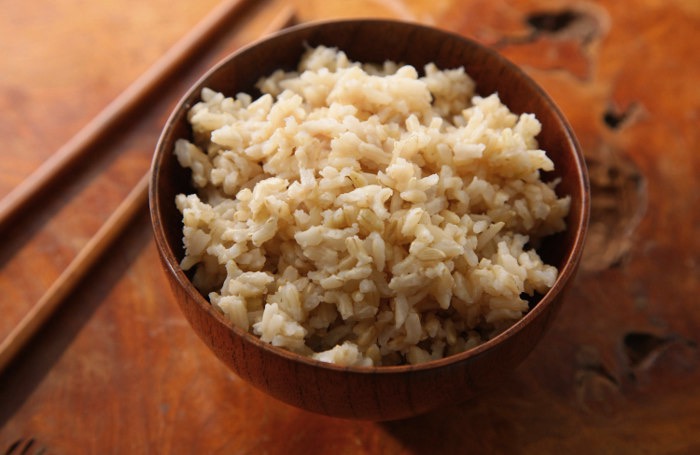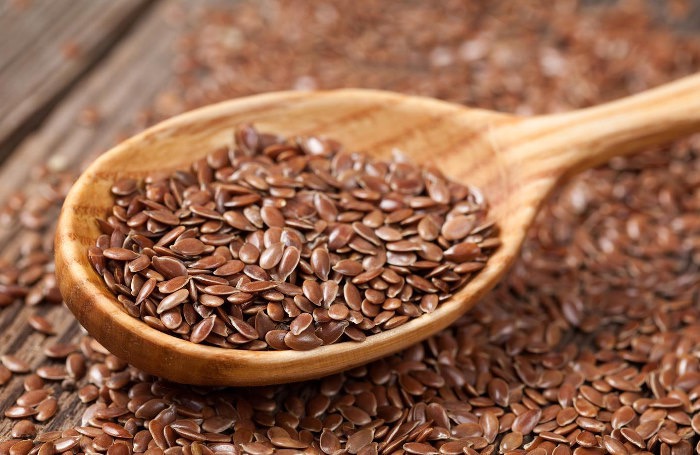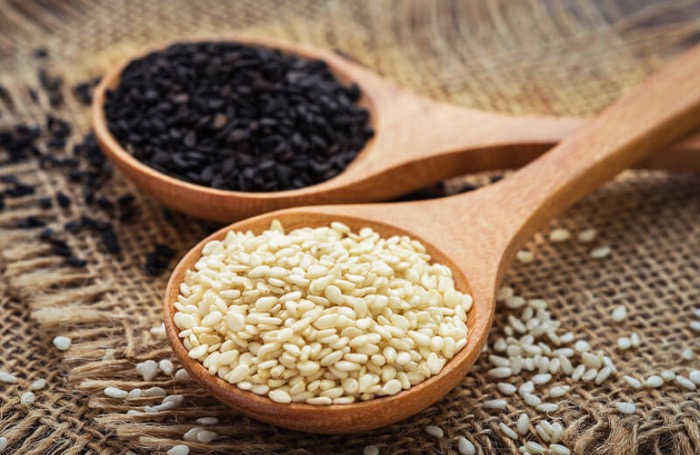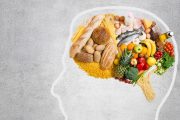When it comes to feeding and boosting your brain, certain foods stand out above the rest. Improving your cognitive functions can be approached from many angles. Some choose to use nootropics, other similar supplements, or even go as far as taking stimulants like modafinil. Others follow a more natural path and take on brain hacking the old fashion way, with proper nutrition. Below is a list of some of the foods that fall into that latter category and which anyone looking to improve the health of their brain should consider including in their daily diet.
-
Avocados
Avocados are known for the rich, creamy, and smooth flesh that packs plenty of nutrients and most importantly essential fatty acids. Among other nutritional elements, avocados are a rich source of oleic fatty acids. This compound is primarily needed to help build the brain’s gray matter (myelin), or the insulation coating around the white matter. Myelin facilitates the smooth transfer of information (at rates of up to 200 miles per hour) from neurons to core brain tissues.
Without myelin, the brain isn’t capable of processing information at such high speeds. For this reason, having a slice of avocado every day can help improve myelin levels around neurons, and much improve information transfer rates. The best thing about avocados is that they taste great and go well with virtually any meal.

-
Brown Rice
Brown rice packs many nutritious elements needed for better brain and body development. It is not only high in energy but also contains high levels of riboflavin and other types of B vitamins. B vitamins are essential as they promote the production of mitochondria and its effectiveness in producing energy.
Other vitamins found in brown rice include thiamin, niacin, and inositol. All these are crucial for optimal brain function. It’s also worth noting that most of the nutrients found in brown rice are absent in white rice.

-
Purple Grapes
Purple grapes are among the tastiest of their kind. In addition to the yummy flavor, these grapes pack potent phytonutrients and antioxidants. Resveratrol, one of the phytonutrients commonly found in purple grapes, plays a crucial role in promoting blood circulation, especially around the brain. Modafinil has nothing on this substance. This compound is also be found in red wine, hence the reason why health experts recommend a glass of red each day.
Among other benefits, resveratrol improves blood circulation within blood tissues and cells. This translates to an enhanced supply of nutrient-rich and oxygenated blood. Munching on purple grapes can also help prevent heart-related conditions and dementia.

-
Eggs
Eggs are not only excellent sources of protein but also pack potent amounts of ‘good’ cholesterol. Although you may be trying to cut down on cholesterol, ‘good’ cholesterol is vital for brain health. Cholesterol is needed for the formation of neurons and supports their function.
Eggs also supply the body with high-quality omega-3 fatty acids, amino acids, and DHA. These nutrients are needed for optimal performance of neurons and neurotransmitters at large. Anyone taking modafinil should be paying attention.
Although the right amounts of cholesterol are needed to support most cognitive functions, an unhealthy diet plan (foods high in saturated fats) can have a devastating impact on the health of your brain. Cholesterol buildup can lead to blocked arteries, plague, and even unresponsive neurons. For this reason, health experts recommend going for plant nutrients which are low in bad cholesterol. Consuming eggs alongside dark leafy vegetables also provides the body with DHA, an essential compound needed to manufacture cholesterol naturally.

-
Lentils
These tiny flying-saucer shaped legumes are among the best sources of iron in the human food chain. Iron is one of the critical elements needed for the formation of red blood cells, production of neurotransmitters, and myelin generation. Lentils can also provide the recommended daily allowance of iron.

-
Flax Seeds
Flax seeds are a powerhouse of brain-healthy fats. They contain the different known types of omega fatty acids, most of which are excellent for brain health. Like many popular nootropic supplements, the seeds contain high-quality ALAs, DHA, and EPA. These compounds are absorbed directly by brain cells to help reduce inflammation as well as build gray matter. In addition to this, omega-3 fatty acids are known to protect neurons from toxic and harmful compounds.
Research also shows that flax seeds contain different potent variants of omega-6 fatty acids. These compounds too play a huge role in ensuring neuron protection from toxic compounds.
Aside from healthy fats, flax seeds pack extraordinary amounts of energy, dietary fiber, and proteins needed for proper cell development. Flax seeds are easy to work into your diet and can be freely mixed with other foods, or even added to salad dressing.

-
Sesame Seeds
A hearty meal of sesame seeds gives your brain a treat like none other. They are considered the most abundant source of zinc. Zinc is an essential mineral needed for improved brain cell development, memory, and cognitive functions. Anyone using smart drugs without having enough zinc in their system is fighting an uphill battle. This wonderful mineral also forms the brain’s defense system and hence contributes significantly to long-term brain health.
Health experts also believe that zinc helps balance out trace metal elements in the brain to boost immunity. Sesame seeds, pumpkin seeds, and hummus are all excellent sources of it.

-
Sweet Potatoes
Having a sweet potato for breakfast prepares your brain for the most exhausting tasks you may have ahead. This is because sweet potatoes contain the potent antioxidant carotenoid which plays a prominent role in protecting brain cells. Carotenoids also aid in the natural production of vitamin A, another indispensable element needed for the development of new neurons. In addition, Vitamin A acts as a link between the billions of neurons in the human body.
Many people prefer roasted sweet potato to a boiled one. Although sweet potatoes may be sweet, their glucose levels are much lower than you think. They also have a very low glycemic index.

-
Spinach
Spinach contains a whole host of vital nutrients needed for good brain health. Its dark leaves are excellent sources of B-vitamins (in full spectrum), folate, phytonutrients, and antioxidants. Folate is essential for it improves blood circulation, helps form neurotransmitters, and protects DNA from damage as much, if not more, than some nootropics. In addition to this, having spinach salads every day helps detox the liver as well as promote healthy kidneys.

-
Sunshine
Although this is not exactly food, early morning and evening sunshine is the best source of Vitamin D there is. Vitamin D is a crucial element needed for the production of neurotransmitters, improved immunity and overall feeling of well-being. So before you make the decision to go buy modafinil online with the aim of improving your memory, try taking a stroll outside first. Soaking your skin under the early morning sun is therefore as good for your skin as it is for your brain health. In a pinch, you could also get plenty of Vitamin D from a full-spectrum lamp.




